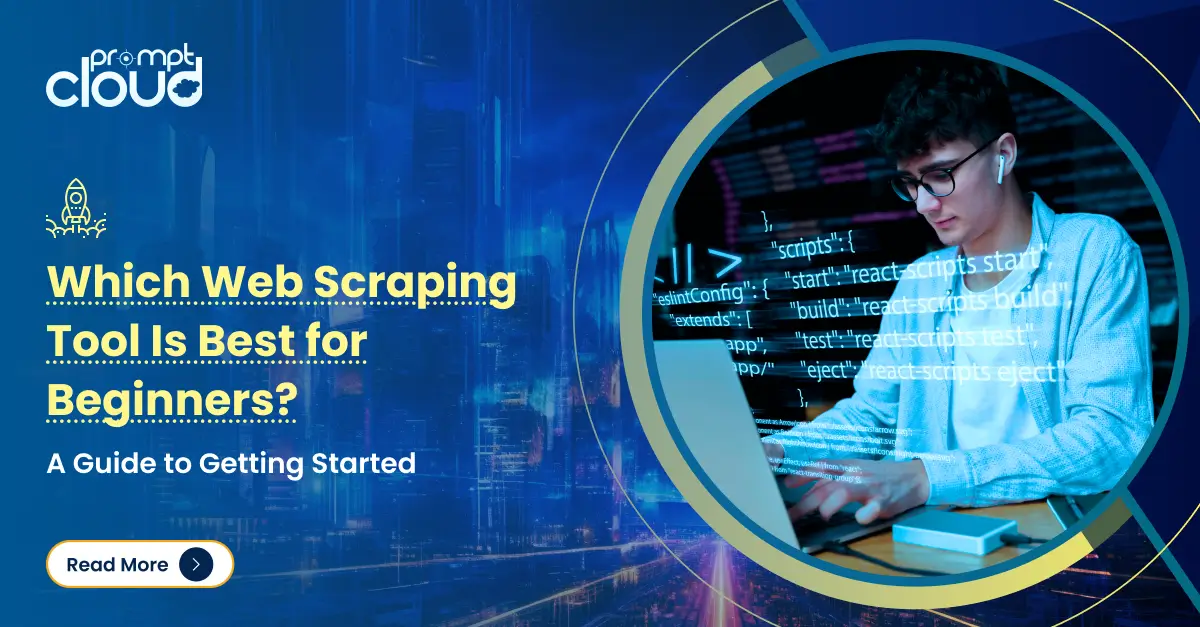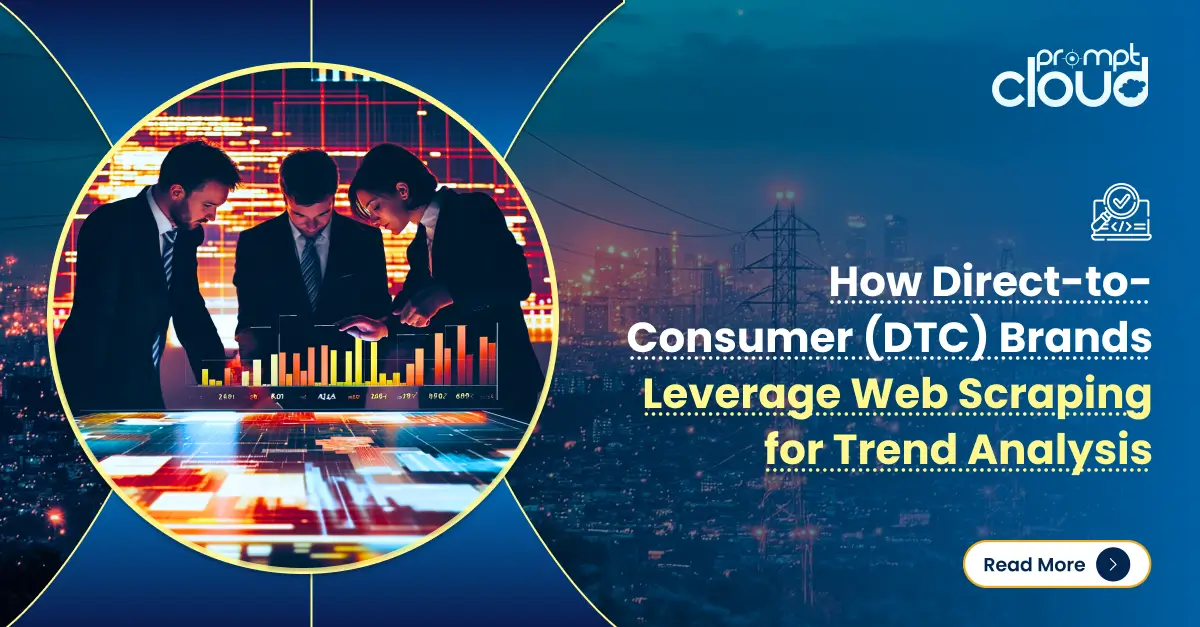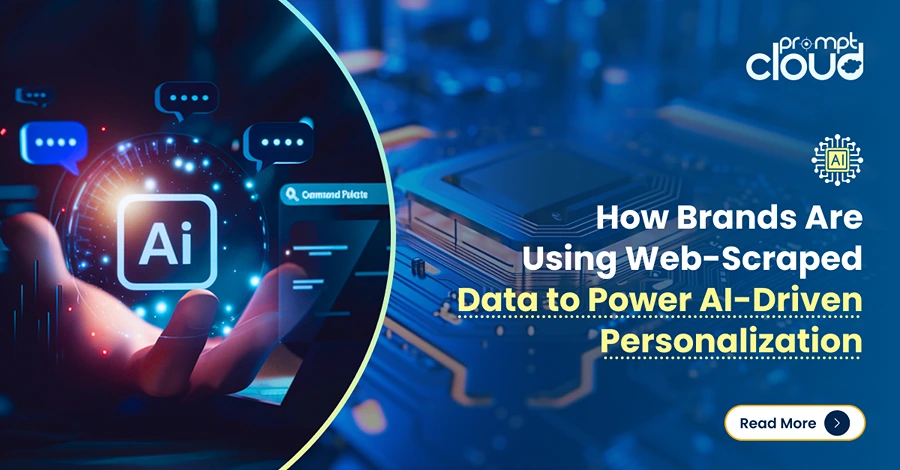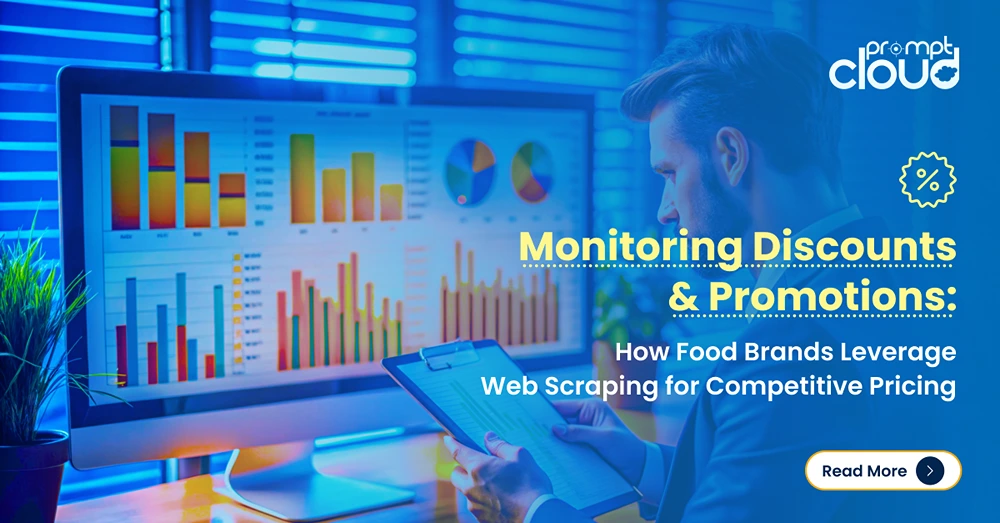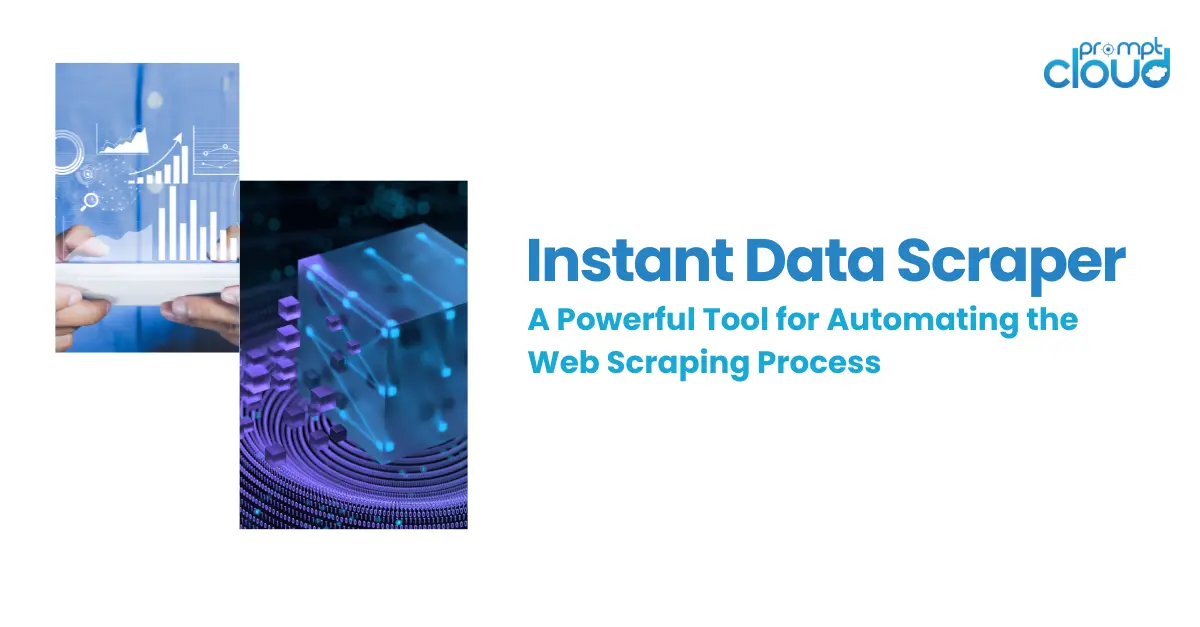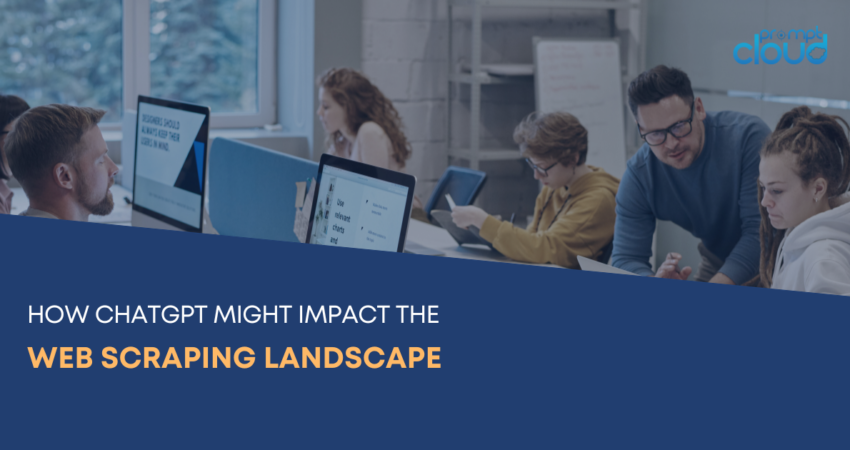
In recent years, web scraping has become synonymous with growth.
That’s because it is an extremely beneficial method for organizations to gather intelligence about the market and leverage it to improve offerings.
With newer technological advancements like the introduction of ChatGPT, there seems to be potential for more changes to come about in the web scraping landscape.
Let’s take a look at what those implications are, their challenges, and concerns for the future of web scraping.
Web Scraping ChatGPT
ChatGPT is a language model developed by OpenAI that has the ability to generate text that appears to be written by a human. It has been trained on a vast amount of internet text, allowing it to understand and generate coherent and contextually relevant responses. This makes it an incredibly powerful tool for conversational AI applications and customer support chatbots.
However, the introduction of ChatGPT also has broader implications for web scraping, a technique widely used to extract data from websites. Web scraping involves the automated extraction of data from web pages, allowing organizations to gather information for analysis, market research, or competitive intelligence.
Image Source: Medium
Let’s delve deeper into how ChatGPT might impact the web scraping landscape.
Implications for Data Accessibility
With the advent of ChatGPT, accessing and extracting data from websites might become more challenging. Traditional web scraping techniques rely on parsing and extracting data from the HTML structure of websites. However, ChatGPT’s ability to generate human-like responses poses a challenge for traditional scraping methods.
As ChatGPT can understand and respond to queries, websites can implement conversational interfaces where users interact with a ChatGPT-powered system to retrieve data or perform actions. This approach, known as “ChatGPT scraping,” is likely to gain popularity among website owners, as it offers a more user-friendly and interactive experience for their visitors.
While this could enhance user engagement, it presents a potential roadblock for traditional web scraping techniques that rely on parsing HTML. The conversational nature of ChatGPT makes it difficult for traditional scraping tools to navigate these new interfaces and extract the desired data.
Increased Challenges for Web Scraping
The rise of ChatGPT brings forth a set of challenges for web scraping. Firstly, the dynamic and interactive nature of ChatGPT interfaces makes the scraping process more complex. These interfaces often utilize JavaScript to dynamically load content, modify the DOM, and handle user interactions. This poses a significant challenge for traditional scraping tools – deviating from best practices – as they are primarily designed to extract static HTML content.
Additionally, ChatGPT’s responses can be context-driven, resulting in variations in the generated HTML structure. This variability in the underlying HTML can make web scraping more difficult, as scraping tools need to adapt to these dynamic changes to consistently extract the desired data.
Another hitch is the increased use of sophisticated anti-scraping techniques by website owners further complicates the scraping process. These techniques include CAPTCHA challenges, IP blocking, request throttling, and more. As ChatGPT enables websites to implement conversational interfaces, we can expect an increased emphasis on user interaction, making it even harder for traditional scraping tools to bypass these obstacles.
Ethical Concerns and Implications
As with any advancement in technology, there are ethical concerns associated with the implications of ChatGPT on web scraping. One of the primary concerns is the potential impact on data ownership and privacy.
With the rise of ChatGPT scraping, websites may have more control over how their data is accessed and used. While this grants website owners the ability to provide a more secure and controlled environment for their data, it can also limit data accessibility for legitimate scraping purposes. This can have negative implications for industries such as academic research, market analysis, and public interest organizations that heavily rely on openly accessible data.
Moreover, the use of ChatGPT for scraping can blur the lines between human-generated and AI-generated content. This raises questions about the accuracy, reliability, and authenticity of the data gathered through scraping. It becomes crucial for organizations to ensure transparency and accountability in their data collection processes to maintain trust among users and stakeholders.
The Future of Web Scraping
Despite the challenges posed by ChatGPT, web scraping will continue to play a vital role in data acquisition and analysis. However, traditional scraping techniques may need to evolve to adapt to the changing landscape.
To overcome the challenges presented by ChatGPT, scraping tools will likely need to incorporate advanced techniques, such as browser-based scraping and AI-powered parsing algorithms. These advanced tools can enable the extraction of data from dynamic web interfaces and accurately interpret the contextual variations in ChatGPT-generated content.
Image Source: Apify Blog
Additionally, collaboration between web scraping tool developers and language model researchers can lead to the creation of specific methodologies and tools for scraping ChatGPT-powered interfaces effectively.
Conclusion
The introduction of ChatGPT undoubtedly brings about significant changes to the web scraping landscape.
While it may present challenges, it also opens up new opportunities for innovation and advancement in scraping techniques. As technology continues to evolve, it is crucial for businesses, organizations, and researchers to adapt and find ethical ways to navigate the changing web scraping landscape, ensuring data accessibility, privacy, and data accuracy in an AI-powered world.










